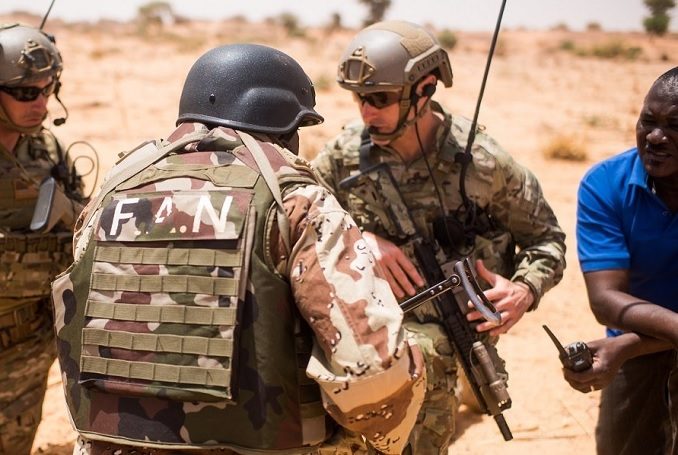
US Secretary of State Antony Blinken urged Niger’s president to normalize relations with Israel during his trip to Africa in March, according to the news website Axios. The two countries officially severed ties in 2002 over Israeli military action in the occupied Palestinian territories.
In talks with Nigerien President Mohamed Bazoum last month, Blinken pressed him to “move toward normalizing relations” with Israel, Axios reported on Wednesday, citing two US and Israeli officials.
Blinken later briefed Israeli Foreign Minister Eli Cohen on the discussions, the officials said, noting that Cohen proposed inviting Niger to the next Negev Forum, a yearly event involving the US, Israel, and Arab states such as Bahrain, Egypt, the United Arab Emirates, and Morocco.
Multiple unnamed Israeli officials also said Niger’s leadership is open to “warming ties with Israel,” but claimed they hoped for “deliverables” in return from Washington.
Though Blinken is the first US secretary of state to visit the country since it gained its independence from France in 1960, Niger is nevertheless a major US security partner in the Sahel – a region stretching across Africa south of the Sahara Desert.
After investing $110 million to construct a massive drone base in the country in 2016, Washington has continued to pour large sums of security and humanitarian aid into Niger, making it the “largest recipient of State Department military assistance in West Africa,” according to a department fact sheet.
Moreover, US troops have operated in Niger intermittently throughout the so-called War on Terror, and were deployed there under a broad ‘status of forces’ deal in 2013.
During his visit, Blinken announced a $150 million aid package for Sahel nations, including Niger, Chad, Mali, Mauritania, and Burkina Faso, bringing total US assistance to the region to $233 million in 2023.
Relations between Israel and Niger have long been rocky. After cutting ties in 1973, ties warmed in the wake of the 1993 Oslo Accords between Israel and the Palestinian Liberation Organization.
However contacts were again cut after the Second Palestinian Uprising in 2000, and particularly the re-invasino of major Palestinian cities by the Israeli military two years later. They have kept no formal diplomatic ties since.
Israel has normalized relations with several Arab or Muslim-majority states in recent years under the US-brokered Abraham Accords, including Bahrain, the UAE, Sudan, and Morocco.
Some countries in the region, such as Oman, have said they are not ready to resume ties until Israel achieves a just peace with the Palestinians.
(RT, PC)







